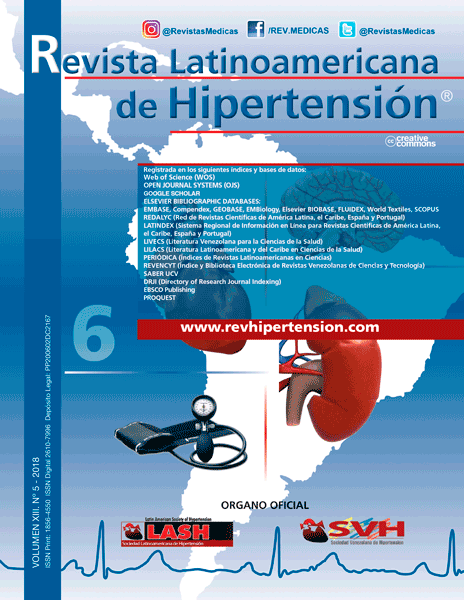Complex issues of accounting and reporting in the field of medical prevention of chronic non-communicable diseases
Palabras clave:
accounting and reporting forms, prevention, chronic non-communicable diseases, risk factors, health centers, medical examination, preventive examinationsResumen
Statistical reporting is the basis for managementdecisions aimed at the optimization ofmedical activities. Therefore, new informationmust be timely ensured, especially in the field of medicalprevention of chronic non-communicable diseases,which directly influences life expectancy and quality of lifeof the population of the Russian Federation. The purposeof the research is to formulate and substantiate the necessaryrecommendations for making changes in accountingand reporting documentation related to the preventionof chronic non-communicable diseases. Tahe regulatorydocumentation governing the prevention of chronic noncommunicablediseases has been studied and the reportingforms No. 68 for 2010-2016 for the Irkutsk regionhave been analyzed (Order No. 597n of the Ministry ofHealth and the Social Development of the Russian Federationof August 19, 2009) and No. 131 / o for 2013- 2014(Order of the Ministry of Health of the Russian FederationNo. 87n dated March 6, 2015). There is a marked disparitybetween the real and the recommended staffing of healthcenters (Order of the Ministry of Health of the RussianFederation No. 683n of 09/30/2015). This is the case withdoctors, whose shortage in 2016 was 71.5%. The numberof visits to health centers decreased by 44% in 2016compared to 2013, with a significant predominance in thestructure of complete physical examinations. The proportionof people referred by medical organizations is still notsignificant. The contribution of equipment actively used inhealth centers to detect chronic non-communicable diseasesand their risk factors is unclear. Simpler evidencebasedmethods are not used enough. The express analysisof the forms No.131о of the Irkutsk region for 2013-2014demonstrated a low contingency of changes in the regulatorydocuments governing the medical examination andthe preventive examination; the shift of emphasis fromthe prevention of high and very high risk conditions tosecondary prevention; partial compliance of the volumeand structure of preventive actions with internationalrecommendations. A detailed study of form No. 68 andexpress analysis of form No. 131 revealed a number ofshortcomings that may impede obtaining of objective informationon the epidemiology of chronic non-communicablediseases and risk factors, as well as the effectivenessof preventive measures. This requires consideration ofchanges in the reporting on medical prevention of chronicnon-communicable diseases.Descargas
Los datos de descargas todavía no están disponibles.

